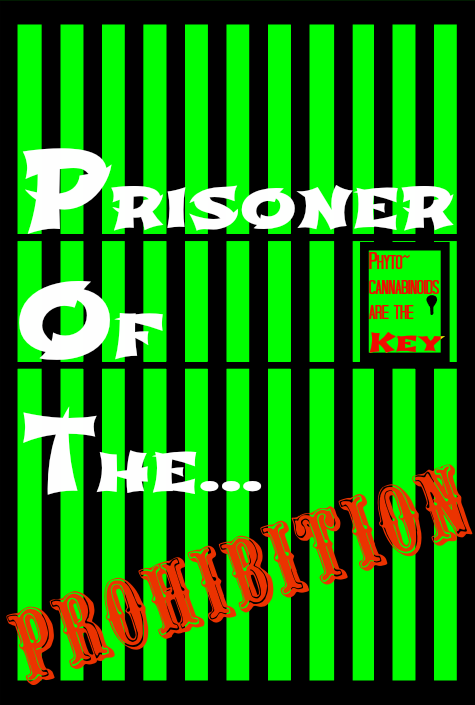 Assessing the impact of cannabis use on trends in diagnosed schizophrenia in the United Kingdom from 1996 to 2005.
Assessing the impact of cannabis use on trends in diagnosed schizophrenia in the United Kingdom from 1996 to 2005.
Source
Department of Medicines Management, Keele University, Staffordshire, UK. m.frisher@keele.ac.uk
Abstract
A recent systematic review concluded that cannabis use increases risk of psychotic outcomes independently of confounding and transient intoxication effects. Furthermore, a model of the association between cannabis use and schizophrenia indicated that the incidence and prevalence of schizophrenia would increase from 1990 onwards. The model is based on three factors: a) increased relative risk of psychotic outcomes for frequent cannabis users compared to those who have never used cannabis between 1.8 and 3.1, b) a substantial rise in UK cannabis use from the mid-1970s and c) elevated risk of 20 years from first use of cannabis. This paper investigates whether this has occurred in the UK by examining trends in the annual prevalence and incidence of schizophrenia and psychoses, as measured by diagnosed cases from 1996 to 2005. Retrospective analysis of the General Practice Research Database (GPRD) was conducted for 183 practices in England, Wales, Scotland and Northern Ireland. The study cohort comprised almost 600,000 patients each year, representing approximately 2.3% of the UK population aged 16 to 44. Between 1996 and 2005 the incidence and prevalence of schizophrenia and psychoses were either stable or declining. Explanations other than a genuine stability or decline were considered, but appeared less plausible. In conclusion, this study did not find any evidence of increasing schizophrenia or psychoses in the general population from 1996 to 2005.
- PMID:
- 19560900
- [PubMed – indexed for MEDLINE]
Publication Types, MeSH Terms
Publication Types
MeSH Terms
LinkOut – more resources
Full Text Sources
Other Literature Sources
Medical
Miscellaneous
- See the articles recommended by F1000Prime’s Faculty of more than 5,000 expert scientists and clinical researchers. – F1000


